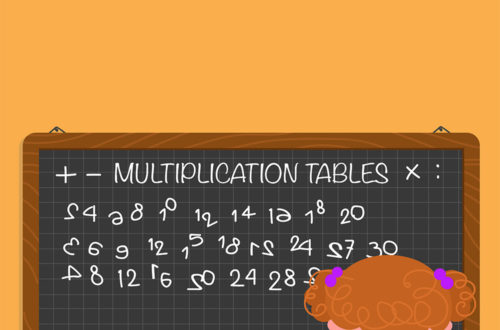Journal of the Mathematics Council of the Alberta Teachers’ Association
Volume 47 Issue 2, June 2010
During the past year, I have been impressed with the resilient nature of my colleagues. I see teachers who, when faced with uncertainty and change, are able to respond in creative and generative ways. In this era of government restraint, we are responding in innovative and proactive ways to ensure the high quality of mathematics education in our province.
This issue of delta-K showcases the work of members of our mathematics education community. Two of our Mathematics Council (MCATA) executive members, Taney Lazar and Chris Smith, were sponsored by Alberta Education to attend the Canadian Mathematics Education Forum (CMEF) in Vancouver last spring. T heir report highlights their learning through participation in a working group on assessment practices. The article I coauthored with Liz Barrett, Narcisse Blood, Florence Glanfield, Lisa Lunney Borden, Theresa McDonnell, Cynthia Nicol and Harley Weston is based on the investigations of a CMEF working group on indigenous knowledges. These pieces emphasize math teachers’ commitment to learning professionally within a broader community of Canadian teachers.
MCATA organized a fall symposium, held in October, to respond in a timely manner to the government’s announcement of changes to the mathematics diploma exams. Darryl Smith, a long-time educator and supporter of MCATA, succinctly documents the symposium panel discussion. His report and the reports by mathematics education professor Elaine Simmt, recent high school graduate Ainslie Fowler. and teachers Donna Chanasyk and David Martin show teachers’ dedication to real learning for our students and our willingness to take action when real learning is threatened.
The articles by Tim Sibbald, Joan Stevens, Stephanie Nash-Pearce, and Amanda Crampton and Paul Betts lead us in explorations of teaching a variety of mathematical concepts. Their lesson suggestions and experiences demonstrate the importance of sharing professional knowledge within our community.
Finally, the photographs from the 2009 MCATA conference, held in October, show teachers engaged in mathematical and pedagogical learning. Alberta’s mathematics program of studies (Alberta Education 2007, 8) states that relationships are part of the nature of mathematics: “Mathematics is one way to describe interconnectedness in a holistic worldview. Mathematics is used to describe and explain relationships.” Relationships are also part of the nature of professional learning. I invite you as mathematics teachers to become actively involved in our council. Attend the next MCATA conference (in October 2010), nominate a colleague for an award sponsored by the council or volunteer to serve on the executive. Seek out opportunities to build professional relationships.
Be connected. Be inspired. Find encouragement and support within the mathematics education community.
Gladys Sterenberg
Reference
Alberta Education. 2007. Mmhenwtics Kindergarten ro Grade 9. Edmonton, Alta: Alhena Education. Also available at http://education.alberta.ca/media/645594/kto9math.pdf (accessed January 5, 2010).
1
2
Gladys Sterenberg
3
4 – 5
CMEF 2009: Participants’ Report
Taney Lazar and Chris Smith
6 – 9
Photographic Memories: Conference 2009
10 – 11
Darryl Smith
12 – 16
The Diploma Exam and the Role of Communication in Mathematics Literacy
Elaine Simmt
17 – 18
Fall Symposium Report: A Student’s Perspective
Ainslie Fowler
19 – 20
Donna Chanasyk and David Martin
21 – 29
Gladys Sterenberg, Liz Barrett, Narcisse Blood, Florence Glanfield,
Lisa Lunney Borden, Theresa McDonnell, Cynthia Nicol and Harley Weston
30 – 34
Similar Triangles Versus Trigonometry
Tim Sibbald
35 – 42
Amanda Crampton and Paul Betts
43 -44
Math Class Enriched by a Little Bowl of Cereal
Joan Stevens
45 – 47
Sharing and Grouping Cookies Delicious Ways to Divide
Stephanie Nash-Pearce
48



